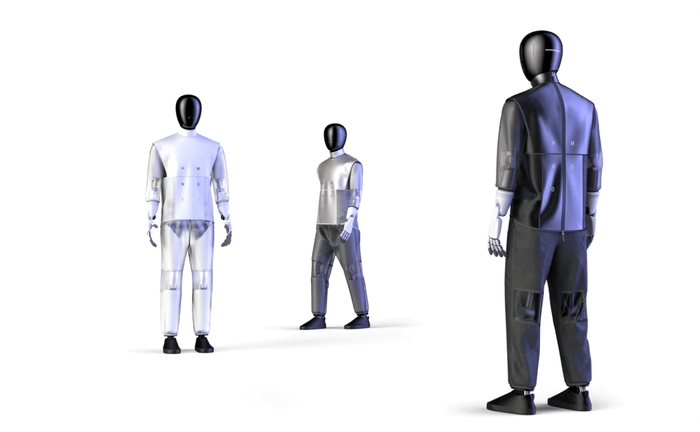Air Taxi App Approved by FAA for On-Demand FlightsAir Taxi App Approved by FAA for On-Demand Flights
Joby acquired the Uber Elevation air taxi division of Uber in 2021 and has been developing and testing the software tools since
.jpg?width=1280&auto=webp&quality=95&format=jpg&disable=upscale)
Electric air taxi company Joby Aviation has received government approval to use software tools it developed for on-demand air taxi operations.
Joby Aviation said it received Federal Aviation Administration (FAA) approval to use its ElevateOS system, which includes a mobile-first rider app, pilot tools, operations and schedule management software and an intelligent matching engine.
Joby acquired the Uber Elevation air taxi division of Uber in 2021 and has been developing and testing the software tools since then.
“The air taxi service we plan to deliver isn’t like any sort of air travel that’s existed before,” said Eric Allison, chief product officer at Joby and former head of Uber Elevate. “We expect travelers to book on-demand and to be boarding an aircraft just minutes later, much like the experience of using ground-based ridesharing today.
“That required us to totally rethink the software and the operations of these aircraft. We’ve built ElevateOS from the ground up to enable high-tempo, on-demand flights that will deliver true time savings and seamless mobility to customers.”
The Joby electric aerial vehicle (EAV) is designed to carry a pilot and four passengers and travel up to 200 mph. The company plans to operate its EAVs in New York City and Los Angeles along with its partner Delta Air Lines.
Since the flying taxi is not yet approved for passenger carrying, Joby plans to use conventional aircraft that carry the same number of passengers as Joby’s to use the ride-hailing features.
Joby also has an exclusive agreement to provide flying taxi service in Dubai.
Joby recently acquired the autonomy division of Xwing, which has been developing automated flying technology since 2016 with Xwing flying autonomous aircraft since 2020 using software it developed in-house.
Joby has no plans to fly its air taxis without pilots and the FAA has yet to include pilotless passenger-carrying flying taxis in any of its regulations.
Archer Aviation, the other major air taxi company, has an agreement to collaborate on future autonomous flights with Wisk Aero. Boeing last year invested $450 million in Wisk and later acquired the startup, making it a Boeing subsidiary.
While Joby is partnered with Delta, Archer has a partnership with United Airlines.
The long-range industry expectation is that passenger-carrying electric aerial vehicles will fly without pilots on board, though public acceptance is an outstanding issue.
EHang in China already is flying two-passenger, flying vehicles without on-board pilots.
The Xwing expertise Joby acquired includes perception technology, system integration and certification.
The integration of the companies provides Joby with technology for near-term piloted operations and fully autonomous operations sometime in the future.
A major advantage of the deal is the added relationships with the U.S. Department of Defense (DOD) since the U.S. military has been active in exploring the electric aerial revolution.
Joby has been working with the U.S. Air Force and delivered one of its eVTOL (electric vertical takeoff and landing) vehicles to MacDill Air Force Base in Tampa, Florida, following one delivered to Edwards Air Force Base in California last year.
Joby has a $163 million contract with the DOD AFWERX Agility Prime program and has been working with the DOD since 2016, when it received early military funding for its development program.
For its military history, Xwing was included in the U.S. Air Force Agile Flag 24-1 Joint Force exercise earlier this year, with its autonomously flying Cessna 208B Grand Caravan aircraft.
The Xwing acquisition included only the autonomy technology division of Xwing, Inc., with the other airline assets of Xwing not included. The deal was paid with Joby shares with terms not disclosed.
Like what you've read? For more stories like this on flying cars and other emerging technologies, sign up for our free daily email newsletter to stay updated!
Read more about:
Flying CarsAbout the Author
You May Also Like







